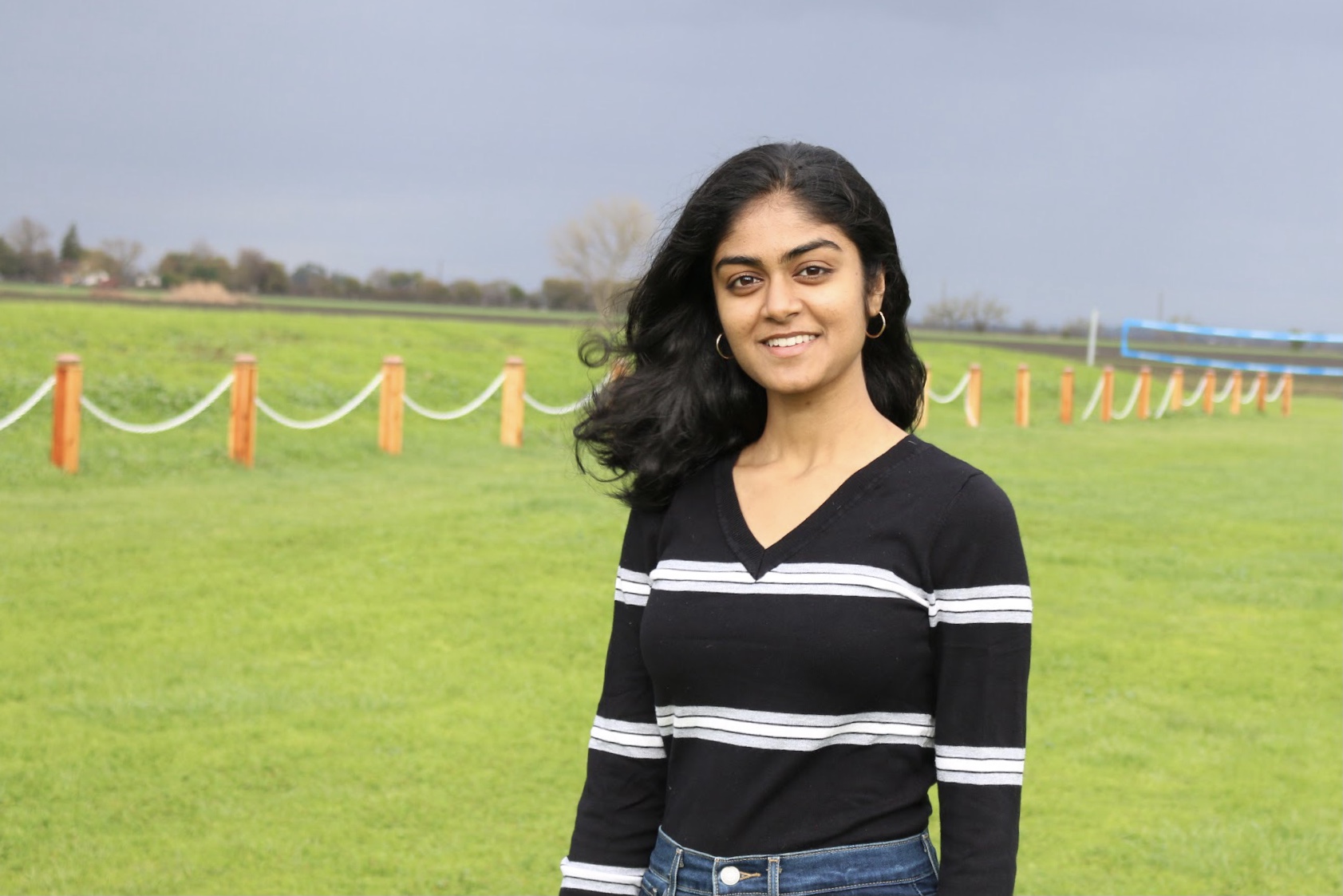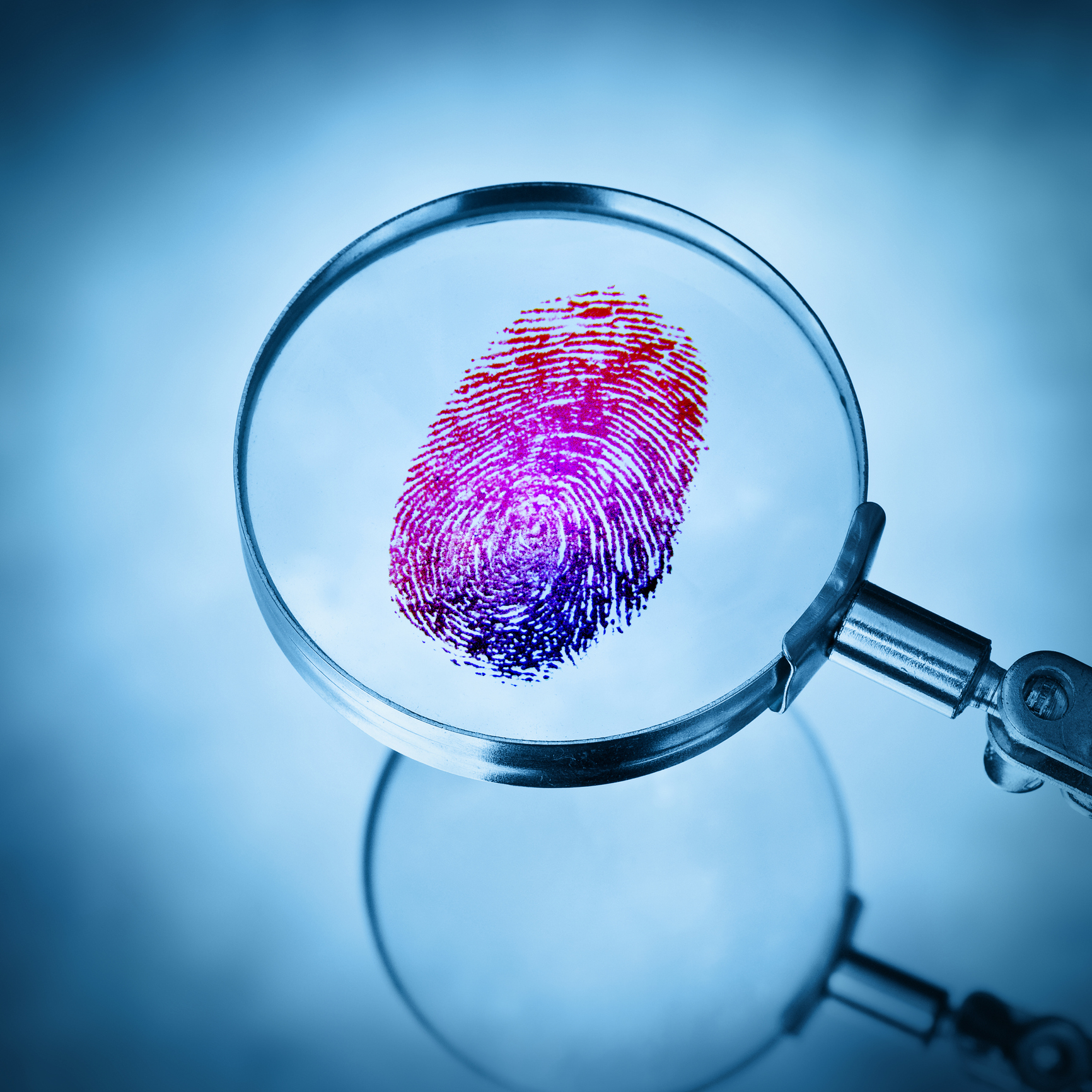Inside Tanium: Summer Internship Leads to Full-Time Position With Cloud Engineering
Being immersed in Tanium’s linear chain architecture for three months was the “most fun an intern could have”

Harika Kalidhindi, Software Engineer, Tanium
Tanium software engineer Harika Kalidhindi grew up in Monrovia, California, and attended San Marino High School before heading north to enter the computer science program at UC Berkeley.
In 2015, Harika and another San Marino student started a chapter of Girls Who Code at the high school. As president of the club, Harika noted in an interview with the San Marino Tribune, “It’s a club with a curriculum.”
A full-time employee since June 2020, Harika met VP of engineering James Evans at a career fair, which led to an internship with Tanium before her junior year at Cal. Evans was also her manager throughout her internship. We pick up her story from there.
What sort of project did you work on during your internship?
Harika Kalidhindi: I designed a visualizer to allow customers to see, in real time, their devices connecting with each other to communicate to their Tanium server.
A quick overview of how Tanium communicates is that a few devices will get a request from the Tanium server, and then that request will be passed from peer-to-peer in a chain along with the responses each device generates, until a device at the end of each chain finally sends the aggregated responses back to the server.
This is the linear chain architecture, which is the incredibly elegant technical design that Tanium was founded on. Not only does it make Tanium’s network orders of magnitude faster and more scalable than traditional direct server-endpoint communication, but it also gives extremely high visibility and availability.
Most of my time was spent understanding how these chains self-form, and to a limited extent replicating it. My visualizer would issue a request to the Tanium server and, as the responses came back, instantly reconstruct and display the connections that must have been made.
Getting to spend three months immersed in that technology definitely made me want to come back. Honestly, it was the most fun an intern could have.
In addition to Tanium, you had other internships as well. What made you choose Tanium as the place to go after graduation?
Harika Kalidhindi: Several things drew me to Tanium. The first was that I believe in what we do here.
Tanium makes sense to me as a technology and as a business, and that does matter to me. But maybe more important to me is the fact that I can be certain that my work is going towards something good.
There is no ethical ambiguity here. Tanium helps protect some of the largest organizations in the country and around the world, and by extension, helps to protect services that hundreds of millions of people rely on. And in the cloud engineering org, I work on making it possible for us to help more and smaller companies in the same way.
Beyond that, I also believe in the strategic leadership and technical values of the company. Everything I’ve seen tells me that the company is always moving in the right direction as a business and that the work I do is being directed in the way that allows me to have the most impact.
And the technical values made me believe I would grow as an engineer here. The whole company was founded on the idea of a better technical design, and engineering excellence is very much a part of the culture.
Knowing that and that all of my coworkers were going to be highly experienced, meant that I was confident that I’d be a better engineer for having come here.
You’ve had some contact with our co-founder and chairman David Hindawi. Tell us about that.
Harika Kalidhindi: I presented my final internship presentation directly to David Hindawi. The questions he asked, the direction from which he came at it, were inspiring — he has a brilliant mind, as I’m sure everyone knows.
And I actually got the chance to speak with him again a year or so later, when I was deciding on a full-time position. During that phone call, I was reminded so strongly of the trust I felt in Tanium’s strategic and engineering decisions that I signed the very next morning.
What do you do in your day-to-day role?
Harika Kalidhindi: Writing code is definitely a part of it, and it is the output at the end of the day, but a lot of time and effort goes into the steps that come before that as well.
Usually, I have to investigate the source of an issue first or spend time researching and identifying options for some change I’m trying to make.
A good deal of that is collaborative as well. It’s fairly common to message back-and-forth with the team or jump on a call with someone when you end up in a part of the codebase that you aren’t as familiar with.
We have daily standups, and the whole team will come together when we have larger system changes to discuss, too.
Give us some more detail about what you do with the cloud engineering group.
Harika Kalidhindi: I’m part of the Provisioner team in Cloud Engineering. Tanium as a Service (TaaS) is only possible if we can cleanly manage hundreds of customer environments, and the provisioner is how we automate that.
In grossly simplified terms, there should be a button that deploys a new customer’s Tanium environment into the cloud and another button that upgrades every TaaS customer to a new version of the Asset module, etc.
I think the most notable aspect for me has been how broad the technical reach of my team is. We’re doing full-stack web development, but we’re also doing extensive work with AWS and other cloud technologies.
It’s a great place to have landed straight out of college because, without changing teams, I can explore so many different aspects of the tech stack.
Tell us what it’s like to be part of the engineering world at Tanium.
Harika Kalidhindi: There’s so much expertise. I spend a good amount of time investigating and trying to understand things by myself, but I also draw a lot on the knowledge of my colleagues.
More often than not, I’ll ask a question, and someone with deep expertise in that area will be happy to help me get started or work through some intricate issue with me that I might not have the context for.
We are also constantly thinking about how to architect things cleanly or refactor them to make our code easier and more efficient to maintain or use.
Even something as simple as proper logging practices gets taken seriously, and that saves us a lot of time and effort in the long run. It makes it easier to do my work but also be comfortable in the habits and priorities I pick up along the way.
There’s technically no right way to do things with software. But there are lots of wrong ways, and I can count on my team to make sure I know to avoid those.
Is there some aspect of working at Tanium you really appreciate?
Harika Kalidhindi: I really appreciate the work environment and the way I interact with my teammates and managers.
Everyone wants what is best for all of us and for our customers, and my experiences have all been very straightforward and helpful.
We just “Do the right thing” and “Win as a team.” I’ve been part of organizations where I have to work to remember the values or motto, but Tanium’s are embodied so well that they are the best words I could think of to describe what I love about working here.
And no place will ever be 100% perfect in every way. So I really appreciate that, if I figure out something is missing, my efforts to fill that need are supported — and that my teammates and managers are always open to discussing and trying processes that bring that benefit to the whole team.
Ready to jump-start your career at one of FORTUNE’s 2021 Best Workplaces in Technology? Join our team of innovative engineers and help Tanium build solutions that transform how the world’s largest and most sophisticated organizations manage and secure their devices in real time.
For more information on open roles, please visit Tanium Careers.



